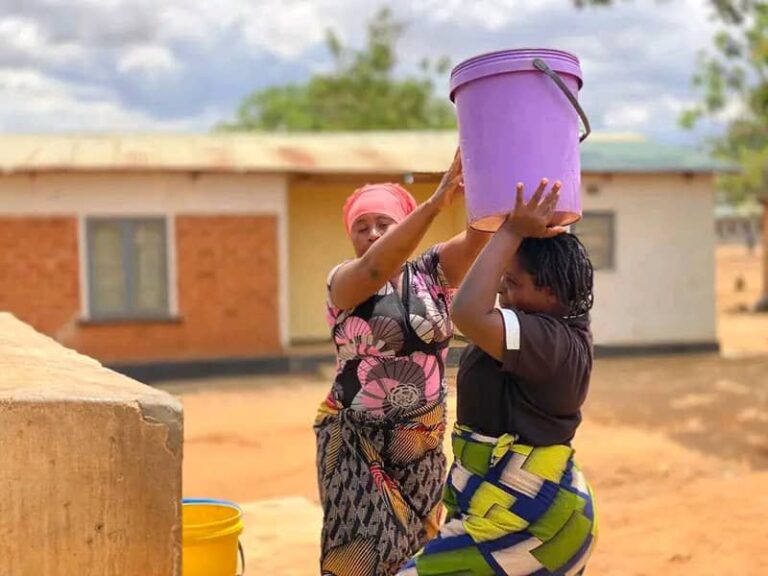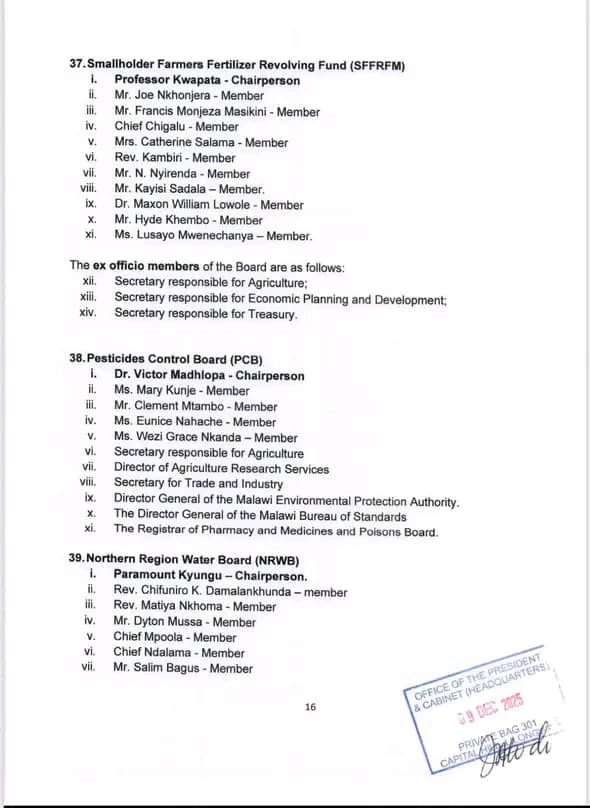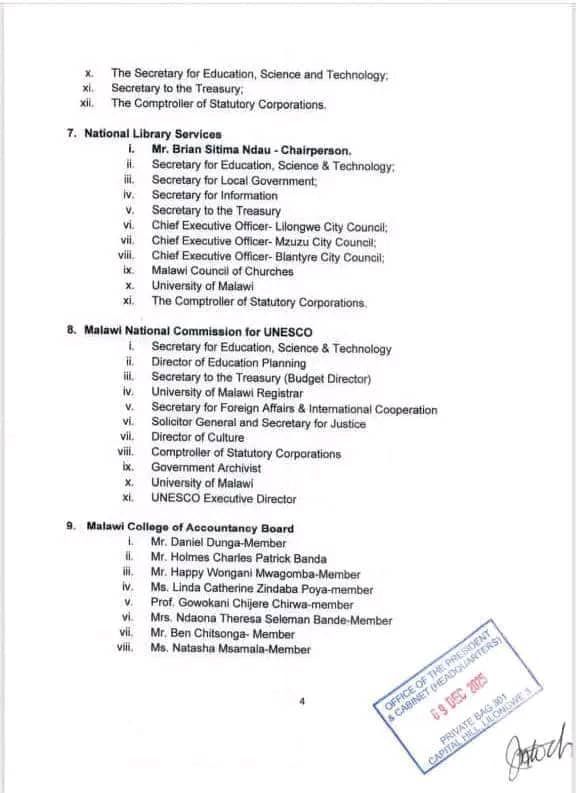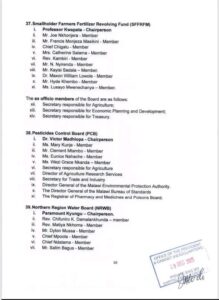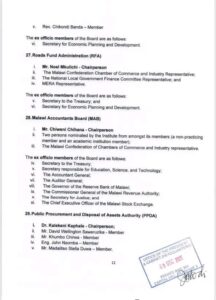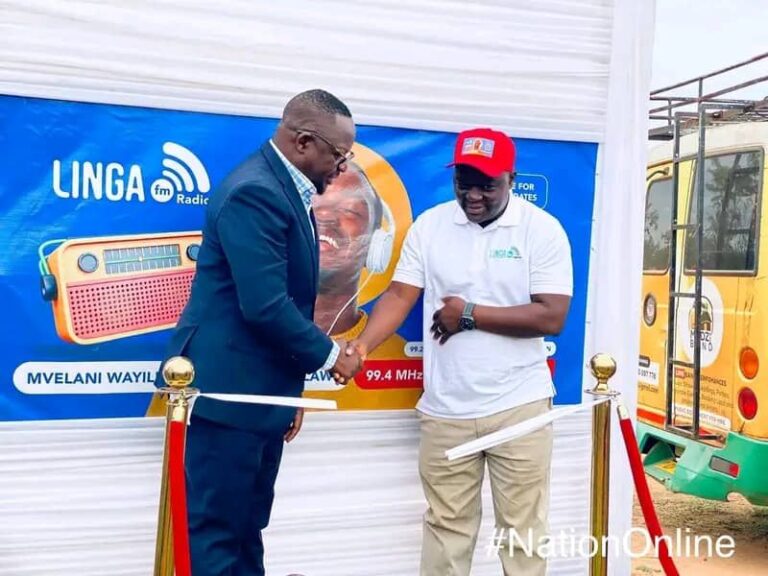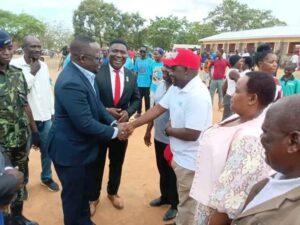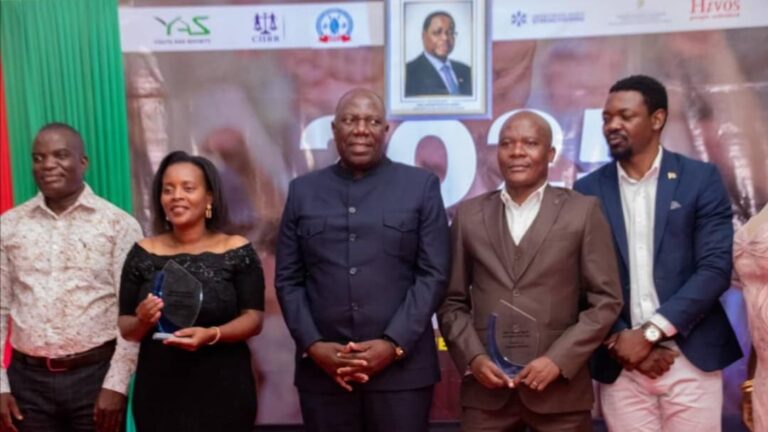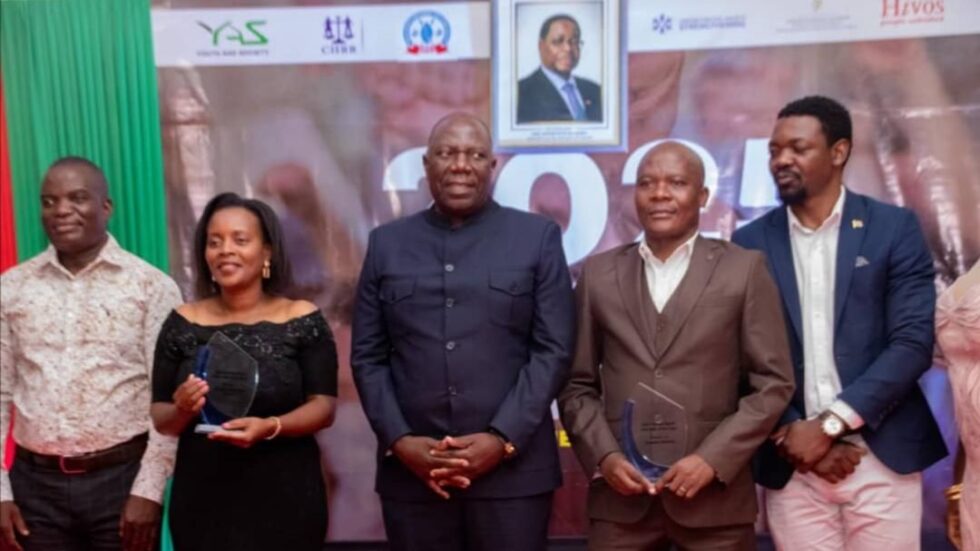By Burnett Munthali
The Central Region Water Board has taken steps to improve Kasungu’s water supply by purchasing new pumps, replacing old pipes, and hiring a contractor to drill boreholes at Chiwengo and Nguluyanawambe.
The Board further stated that it is reviewing its rationing programme to ensure more efficient distribution of water across the district.
Authorities are also collaborating with the Board to protect the Chitete Dam catchment, which is crucial for sustaining the district’s water resources.
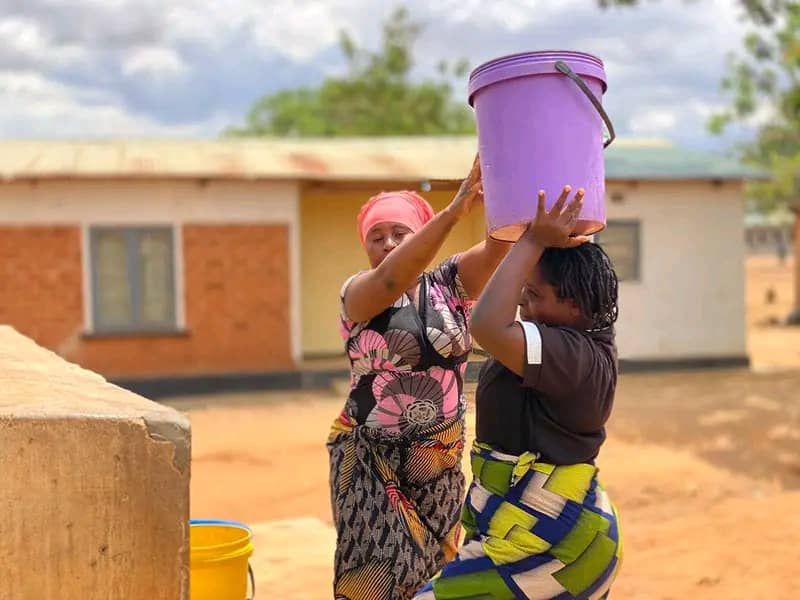
Kasungu continues to face water shortages caused by siltation at Chitete Dam, an aging water system dating back to the 1970s, rising demand from the growing population, frequent power outages, and recent pipeline damage along the M1 Road.
Members of Parliament, including Noel Mkubwi, and residents such as Catherine Nhlane from Maploti, have expressed concern over water quality, highlighting that some tap water remains dirty and unsafe for consumption.
In response, the Board emphasised that it is actively pursuing long-term solutions to address both supply and quality challenges in the district.
Among these measures is a proposed USD 180 million dam on the Dwangwa River, which is expected to provide a sustainable and reliable source of water for Kasungu in the future.
The Board’s initiatives are aimed at not only addressing immediate water shortages but also strengthening the district’s resilience to future water supply challenges.
Residents have been urged to cooperate with ongoing rationing measures and to report issues related to water quality and supply promptly to the authorities.
With these combined efforts, the Central Region Water Board aims to provide Kasungu with improved access to clean and reliable water while implementing long-term infrastructure projects that ensure sustainable water management.


